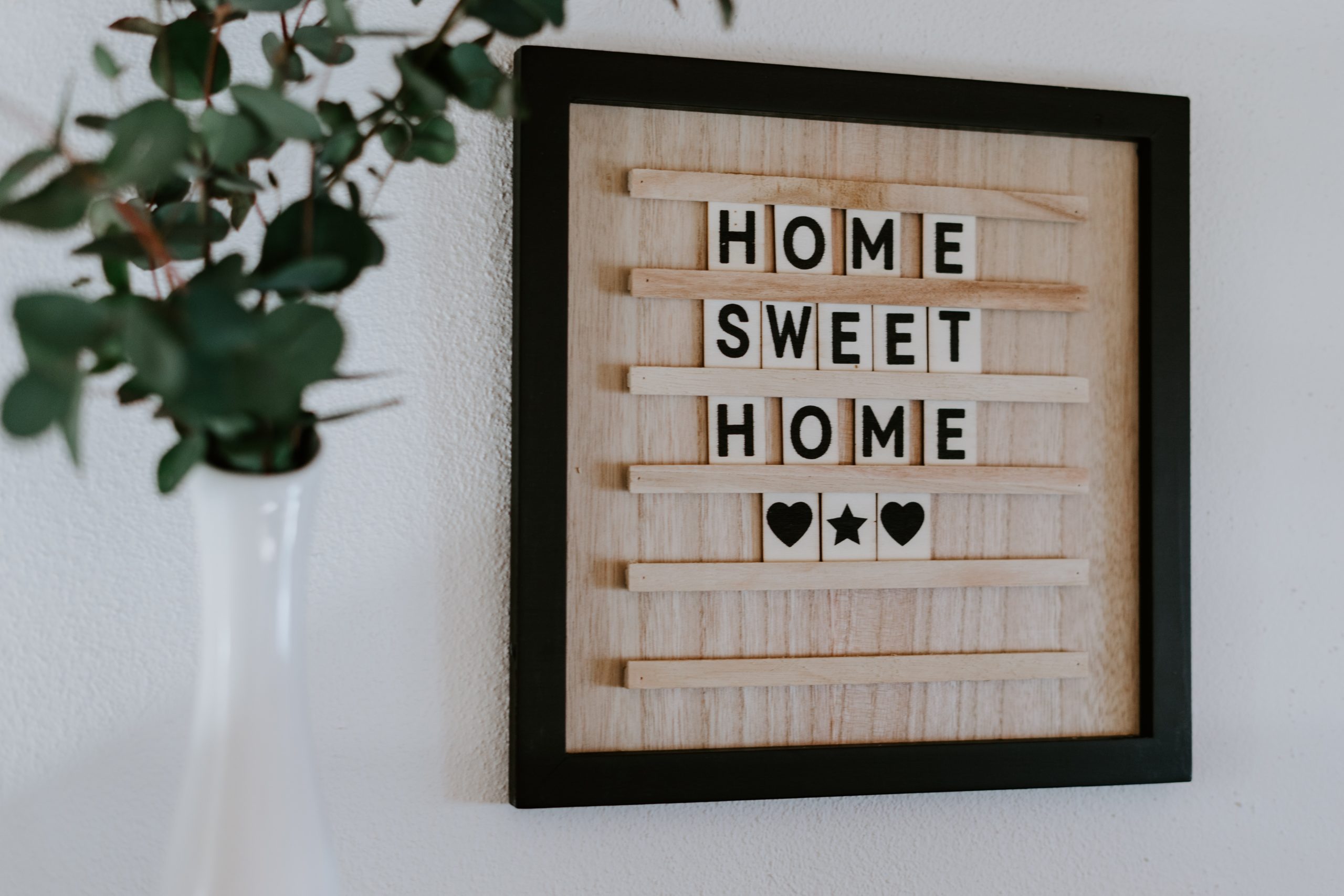Detailed here are some basic home safety tips that many of our tenants have found helpful over the years; so we thought we would share them.
GAS SAFETY
The safety of our tenants is at the heart of everything we do; all our properties are checked annually by certified engineers to ensure they comply with gas safety standards. However we believe all tenants should be aware of some basic gas safety information.
If you smell gas:
- Immediately call the National Grid on 0800 111 999
- Open windows and doors (if possible)
- Turn the gas off (if possible)
- Do Not switch ON or OFF any lights or electrical appliances
- Do Not ignite or bring naked flames in the property (like matches, lighters or cigarettes)
If you contact the National Grid, they will send an engineer to check for leaks in your property. They will turn off your gas supply if they find any leaks and ask you to contact your gas provider or us.
- Carry out annual gas safety check – some suppliers do free annual services.
- Check regularly to make sure appliances in your home are working safely.
- Always keep a valid gas safety certificate – this is issued after a gas safety check has been carried out by a certified gas engineer.
CARBON MONOXIDE RISK
Carbon monoxide is a colourless, odourless and tasteless gas that is poisonous and can cause serious injury or death. Carbon monoxide can escape from faulty appliances such as boilers, gas cookers, central heating system and gas fires. They can also be produced if gas appliances such as the chimney or flue are faulty i.e. blocked.
It is paramount that you arrange a gas safety check each year; certified engineers will check for carbon monoxide risk and issue gas safety certificate. It is highly recommended to install a carbon monoxide alarm in your property if you haven’t got one.
If you suspect carbon monoxide leak:
- Turn appliance(s) switch OFF
- Stop using all appliances
- Open doors and windows for ventilation (if possible)
- Evacuate the property immediately
- Call the National Grid on 0800 111 999 to report the incident
- You can also call Gas Safety Advice Line on 0800 300 363
- Do Not go back to the property until advised to do so
- Seek medical help
ELECTRICITY SAFETY
All electrical appliances need to be tested on a regular basis. Faulty or damaged electrical equipment or electrical supplies can lead to electric shocks, fires, explosions and even death.
Our properties are checked annually by certified electricians to ensure they comply with current electrical safety standards.
With electrical safety, generally:
- Do Not attempt to carry out any electrical repairs on your own. This is dangerous and can cause serious injury or death
- Always report damaged or faulty electrical supplies to your provider or to us
- Do Not overload electrical sockets with too many plugs, chargers etc
- If the sockets in your property do not work, please contact your provider or contact us
- If you think your electrical item(s) are faulty or damaged, then contact a certified electrician or contact us and we can put you in touch
LOCKS
We provide at least a night latch for the door of tenants’ homes. You may want to fit more locks on doors and windows for extra security.
If you lose your door keys or get locked out of your home, you’ll need to arrange for someone to get in and change the lock. If you have any difficulties, we may be able to arrange for a locksmith to do the work for you, but we may charge you the full cost.
If you share a front door with other tenants, it is against fire regulations to fit certain types of locks. You must always consult us before changing a lock or fitting a new lock on a shared front door.
General checks that should be performed monthly:
- Check boiler pressure.
- Test your smoke alarms and carbon monoxide detectors.
- Submit your gas and electric meter reading to avoid unexpected bills
- Do a little garden maintenance
- Repair as you go
